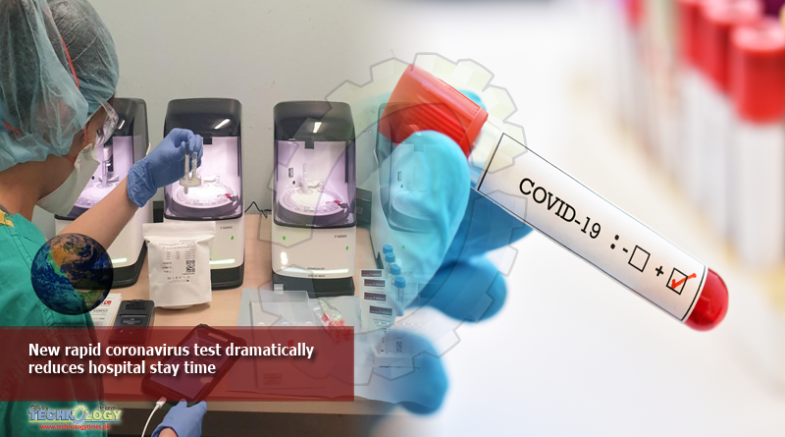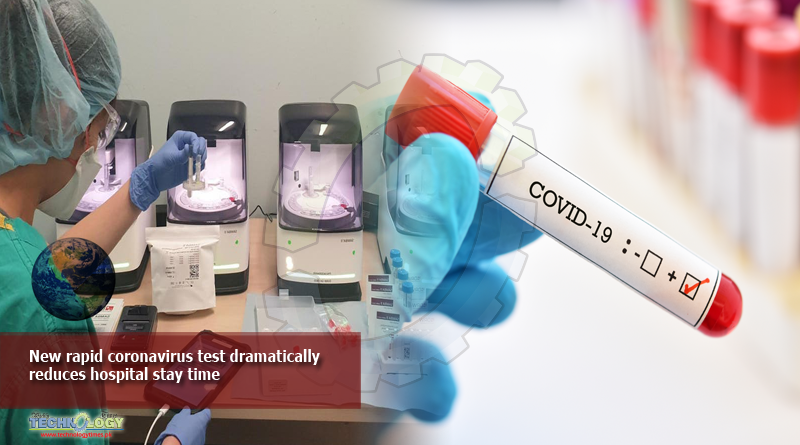Coronavirus test : Samba ii devices ‘could make all the difference’ in freeing up hospital capacity, researchers say

A new rapid coronavirus testing device has been shown to reduce the average stay for patients on a covid-19 holding ward at a uk hospital by almost half.
The samba ii portable machines can diagnose the virus in less than 90 minutes and have been trialled at addenbrooke’s hospital in cambridge.
The average length of stay for patients on a coronavirus holding ward, before they were either discharged or could progress with treatment, fell from 58.5 hours to 30 hours, according to the cambridge university study.
Researchers said the devices “could make all the difference” in freeing up hospital capacity as the nhs faces a mounting backlog of operations due to the pandemic.
The study’s lead author, professor ravi gupta of the cambridge institute of therapeutic immunology and infectious diseases, said: “the backlog of routine operations and screenings as a result of the pandemic is a huge issue, and must be resolved ahead of winter, when the nhs will face even more pressure from other infections like norovirus and influenza.
“rapidly testing admissions for sars-cov-2 at the point of care is essential for reducing covid-19 transmission in hospitals, speeding up access to urgent care and allowing safe discharge to care homes.
“it could make all the difference in a few months’ time.
“use of point-of-care testing would speed up the identification of patients for covid-19 clinical trials, and receiving an experimental treatment a day earlier could make a clinical difference.
“hospitals across the uk, as well as care homes and prisons, could benefit from samba ii devices.”
The machines look for tiny traces of the novel coronavirus’s genetic material in samples collected from nasal and throat swabs.
The fully automated process can deliver a diagnosis in less than 90 minutes, compared to standard tests, which are sent for analysis in central laboratories where backlogs can cause delays of two days or more, the researchers said.
Addenbrooke’s hospital switched nearly all of its coronavirus testing from standard lab tests to the samba machines in may.
Researchers compared data from electronic patient records of all those who had in-hospital tests in the 10 days before and then after the switch to the samba machines.
An initial study with 149 participants correctly identified 96.9 per cent of people with the virus as positive cases, with a 99.1 per cent specificity the ability to correctly identify negative cases.
Dr ashley shaw, medical director of cambridge university hospitals nhs foundation trust, said: “point of care testing has been hugely beneficial in enabling our clinical teams to make well-informed and timely decisions, keeping patients and staff as safe as possible throughout this difficult period.”
This news was originally posted on independent.co.uk
